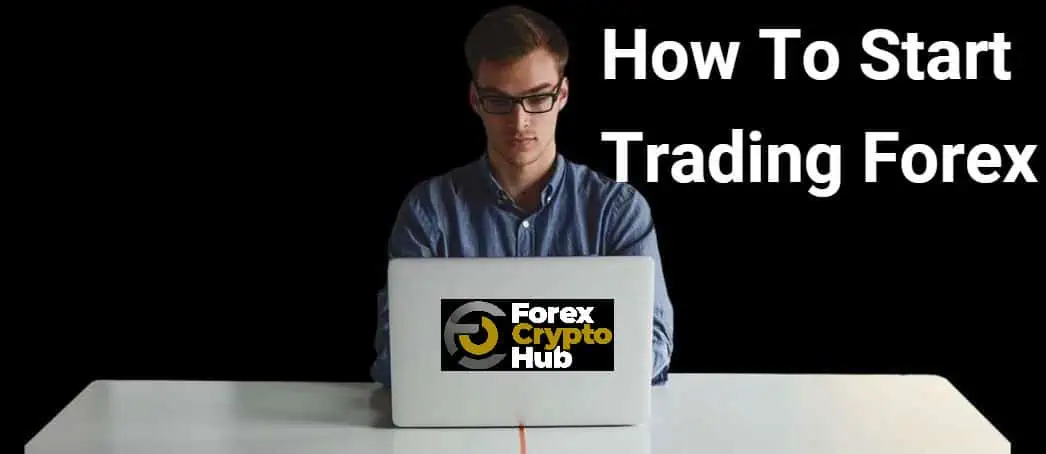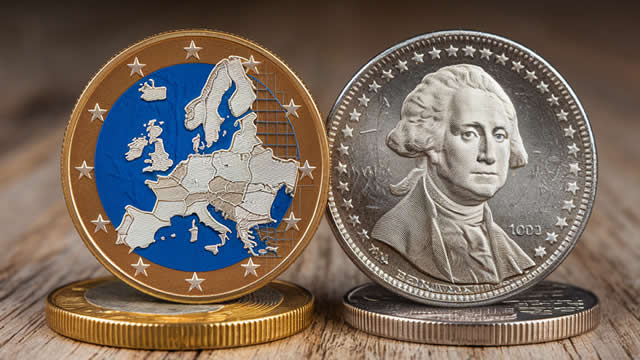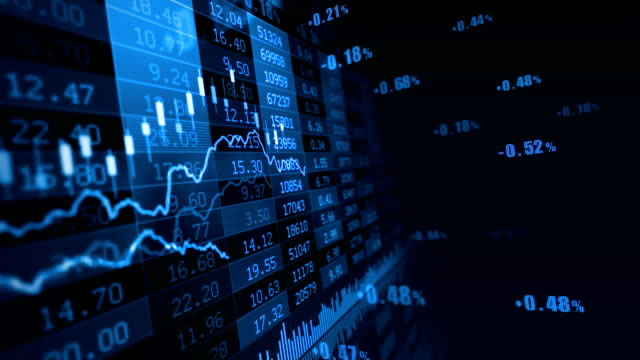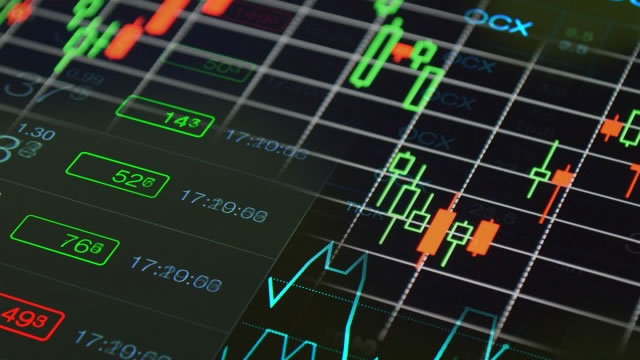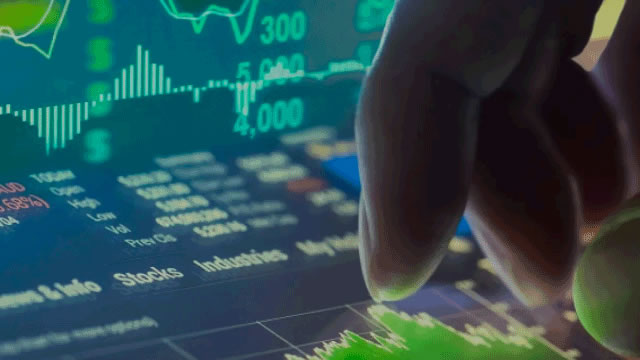How To Start Trading Forex
The forex market: a global marketplace
The forex market is a global marketplace where the exchange of one fiat currency against the other is carried out. Simply put, it is a market where you can trade currencies. With a daily trading volume exceeding $6 trillion, it is the largest financial market in the world. Trading forex can be a lucrative way to make money, but it requires education and practice to be successful.
7 simple steps to get started
Step 1: Educate yourself about the forex market. Understanding how the market works, the major currency pairs, and the factors that influence exchange rates is crucial before you start trading.
Step 2: Choose a reliable forex broker. Look for a broker that is regulated and offers a user-friendly trading platform.
Step 3: Open a forex trading account. Once you have chosen a broker, you will need to open an account and deposit funds to start trading.
Step 4: Develop a trading strategy. Determine your risk tolerance, investment goals, and preferred trading style to create a strategy that suits you.
Step 5: Start trading with a demo account. Practice trading with virtual money to gain experience and test your trading strategy before risking real money.
Step 6: Start trading with a live account. Once you feel confident in your trading skills, you can start trading with a live account and begin making real profits.
Step 7: Monitor your trades and continue learning. Keep track of your trades, analyze your performance, and stay informed about market developments to improve your trading skills.
How will this affect me?
Trading forex can offer an opportunity to make profits by speculating on currency fluctuations. However, it also involves risks, and it is important to be aware of the potential losses that can occur in the volatile forex market. By following the steps outlined above and staying disciplined in your trading approach, you can increase your chances of success in forex trading.
How will this affect the world?
The forex market plays a crucial role in the global economy by facilitating international trade and investment. Exchange rate movements in the forex market can impact the competitiveness of countries’ exports, inflation rates, and overall economic stability. As individuals and institutions engage in forex trading, they contribute to the liquidity and efficiency of the market, which ultimately benefits the global economy.
Conclusion
Starting trading forex may seem daunting at first, but with the right education and practice, you can become a successful forex trader. By following the steps outlined in this article and staying informed about market developments, you can navigate the forex market with confidence and potentially profit from currency fluctuations. Remember to always trade responsibly and never risk more than you can afford to lose.

